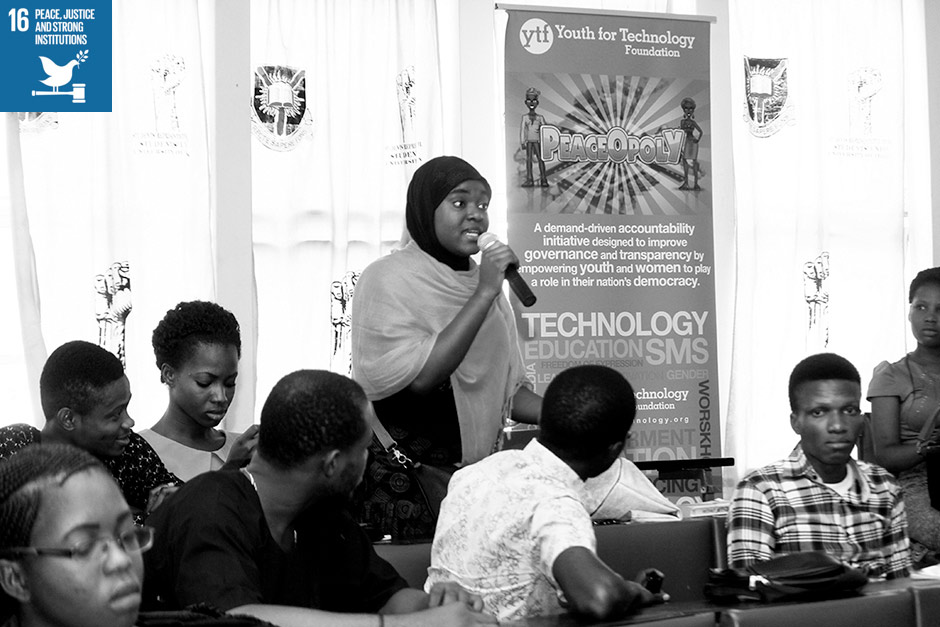

(Editor’s note: This post is part of a series covering YTF’s work with the United Nation’s Sustainable Development Goals. See more of the series here.)
Africa is experiencing an unprecedented demographic shift: By 2050, 1.8 billion babies will be born in Africa—doubling the continent’s current population. The number of children under age 18 is projected to significantly increase in each country. For example: [1]
- Nigeria: will more than double from 93 million to 191 million
- Kenya: from 23 million to 36 million
- Uganda: will double from 22 million to 44 million
It is estimated that, by 2050, one fifth of the children under 18 in Africa will live in Nigeria. By 2050, Nigeria will have the 5th largest percent of youth ages 0-19.[2]
Youth bulge is a significant factor in Africa—this occurs when there are disproportionate percentages of a country’s population being of youth ages. This has implications for employment opportunities, economic growth, and ensuring youth have a positive path in life. Similarly, unless systems are able to respond for sufficient employment, education, economic opportunities, or financial resources for entrepreneurial activities youth bulge has implications for youth restiveness and participation in negative activities.
Youth restiveness is a sustained protest organized by a body of youth to enforce a desired change from national, state, or local authorities and governments.[3] It is frequently marked by violence and disruption of lawful activities. Reasons for youth restiveness relates to insufficient employment, economic, humanitarian and social service, and education opportunities to meet youth needs, and the lack of response by government to adequately prepare for or respond to their needs.
YTF, and many of its local partners, realize that participation of young people is fundamental to the success of a democratic society and, by being a proactive, inspired source of change in government and local systems, their needs can best be met. For example, when youth are constructively channeled into the political process—through election monitoring, community organizing, or becoming active political party members—they can become agents of positive change and contribute to sustained peace. When given the opportunity, youth would rather be peacefully engaged in society rather than be violent; they are prepared to be proponents for change rather than suppressors of dissent.[4]
PeaceOpoly. While the youth bulge presents many risks for policymakers and politicians, the opportunities for meaningful participation in the political process are plentiful—when youth are made a priority and targeted in a constructive manner. YTF provides opportunities for youth to be proactively involved in the design and future of their local, state, and national government. YTF follows the Seven Key Principles for Effectively Engaging Youth in the Political Process through its PeaceOpoly initiative:[5]
- Design a program that reflects the priorities of youth participating in the program
- Provide facilitation and training
- Encourage action-oriented activities
- Facilitate the connection between youth and political and community leaders
- Work in a multi-party setting
- Ensure that 50% of participants are women
- Establish buy-in and consensus of political and community leaders
PeaceOpoly is a social accountability initiative, currently being piloted in Nigeria, designed to improve governance and transparency that provides an avenue for youth and women to be active in the nation’s democracy, civic affairs, and political issues.
Positive Impact: “We have found that engaging youth in a non-threatening and collective manner has the potential to fuel excitement for the vision of democracy and to create conflict-free communities.”
